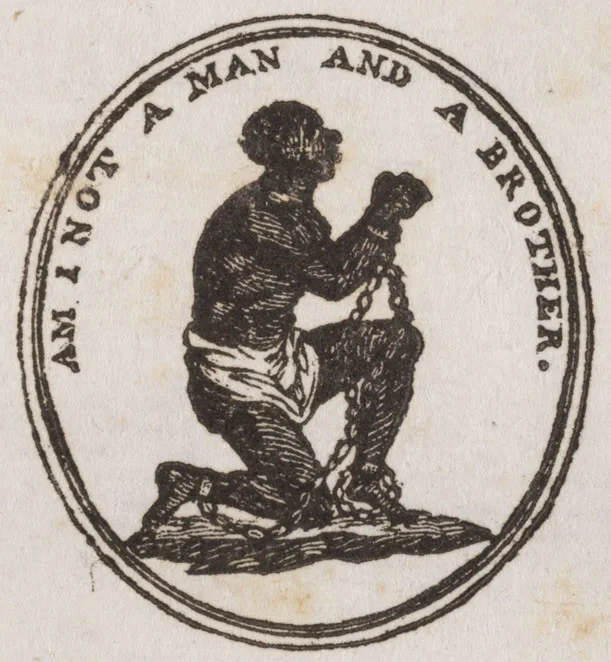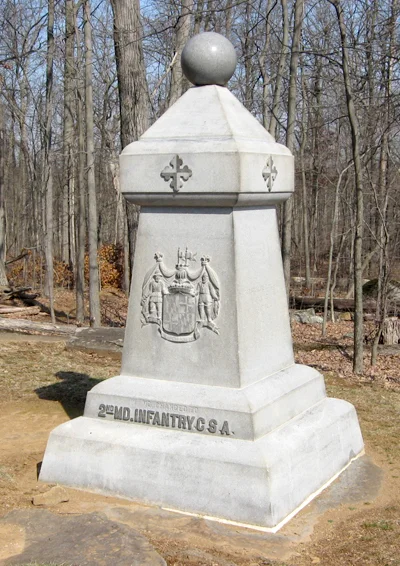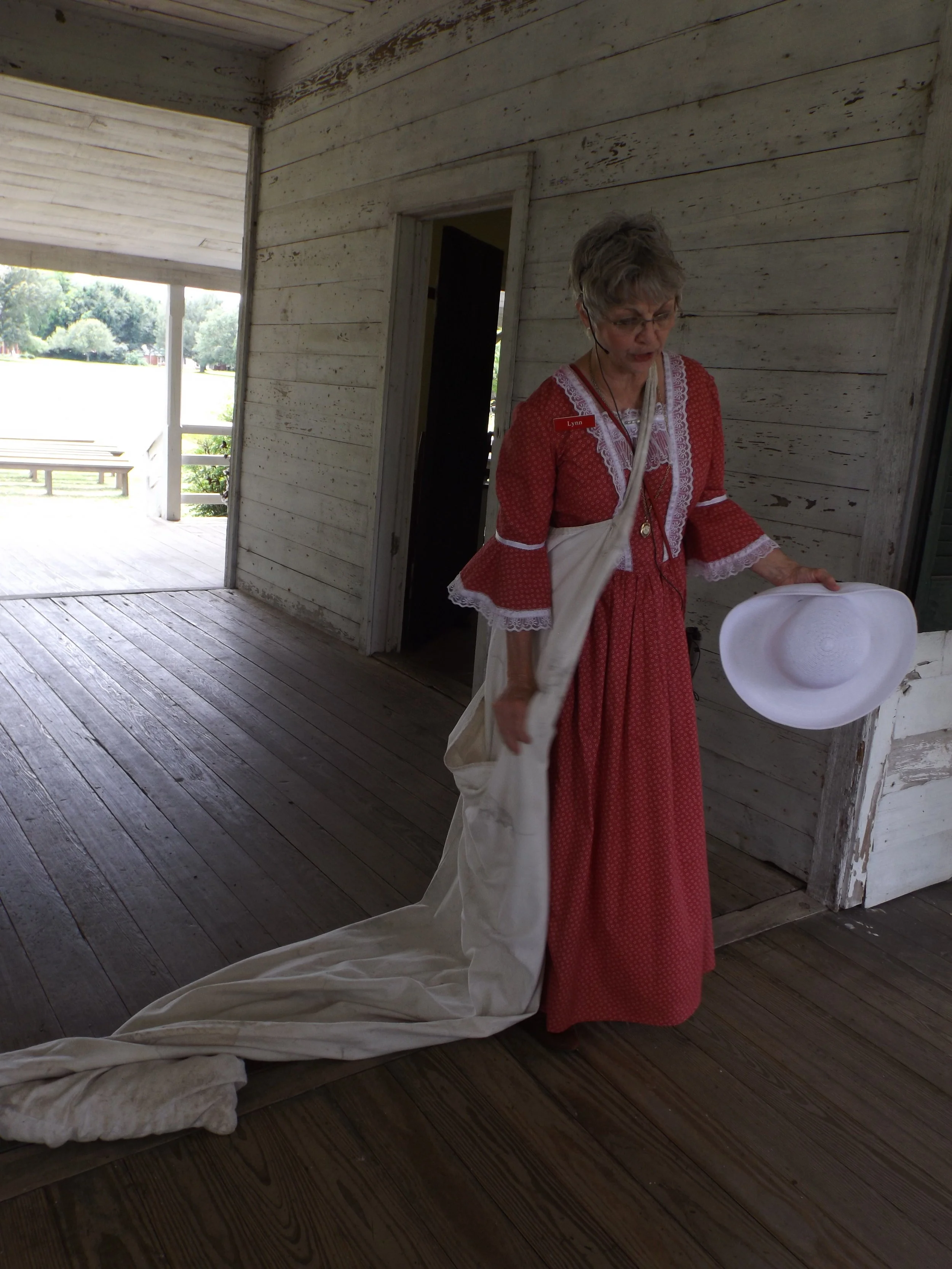Reporting from the SCWH: Plenary Session on Monuments and Memory at Gettysburg NMP
/Using Gettysburg as a focus, these five historians engaged in the complicated question of what to do with Confederate memory and the role historians must play in the conversations happening all over the country. The answer to the question of Confederate monuments and commemoration is not clear. The fact that there have been several plenary sessions at conferences over the past few years, all of which asked a lot of questions and posed a lot of suggestions but could not offer clear solutions, reflects how complex the conversation can be.
Read More




















